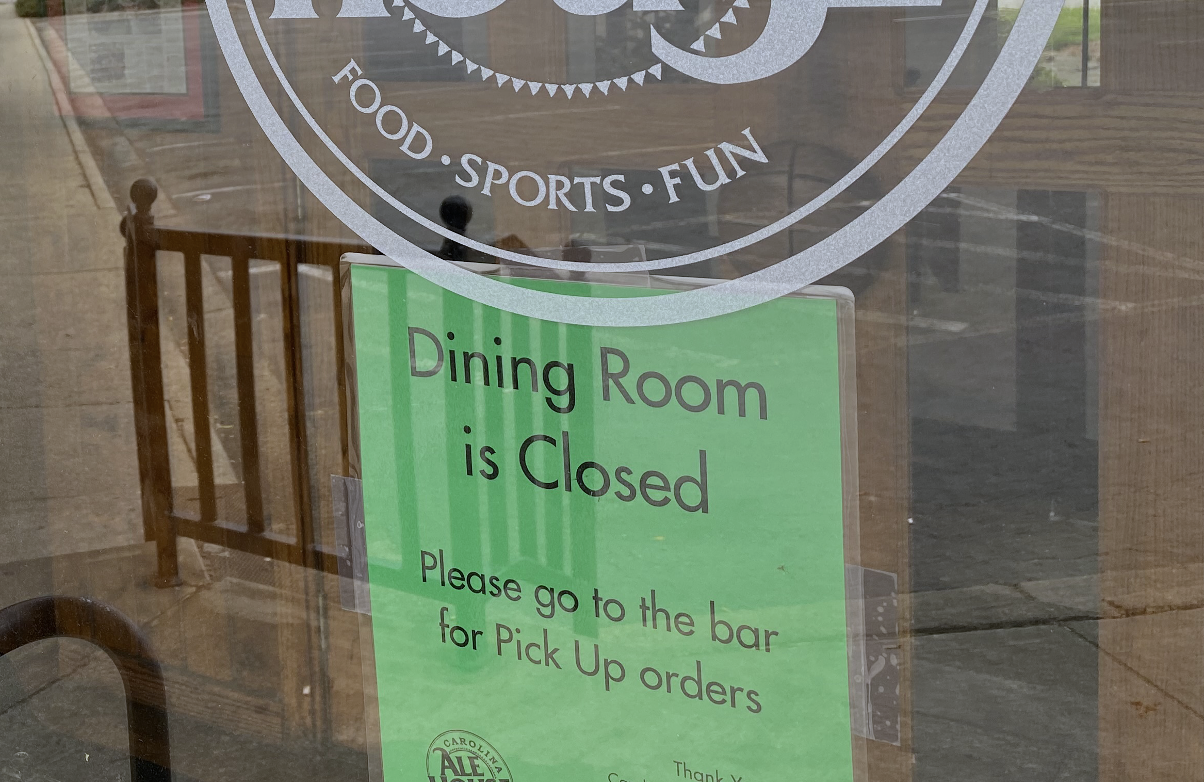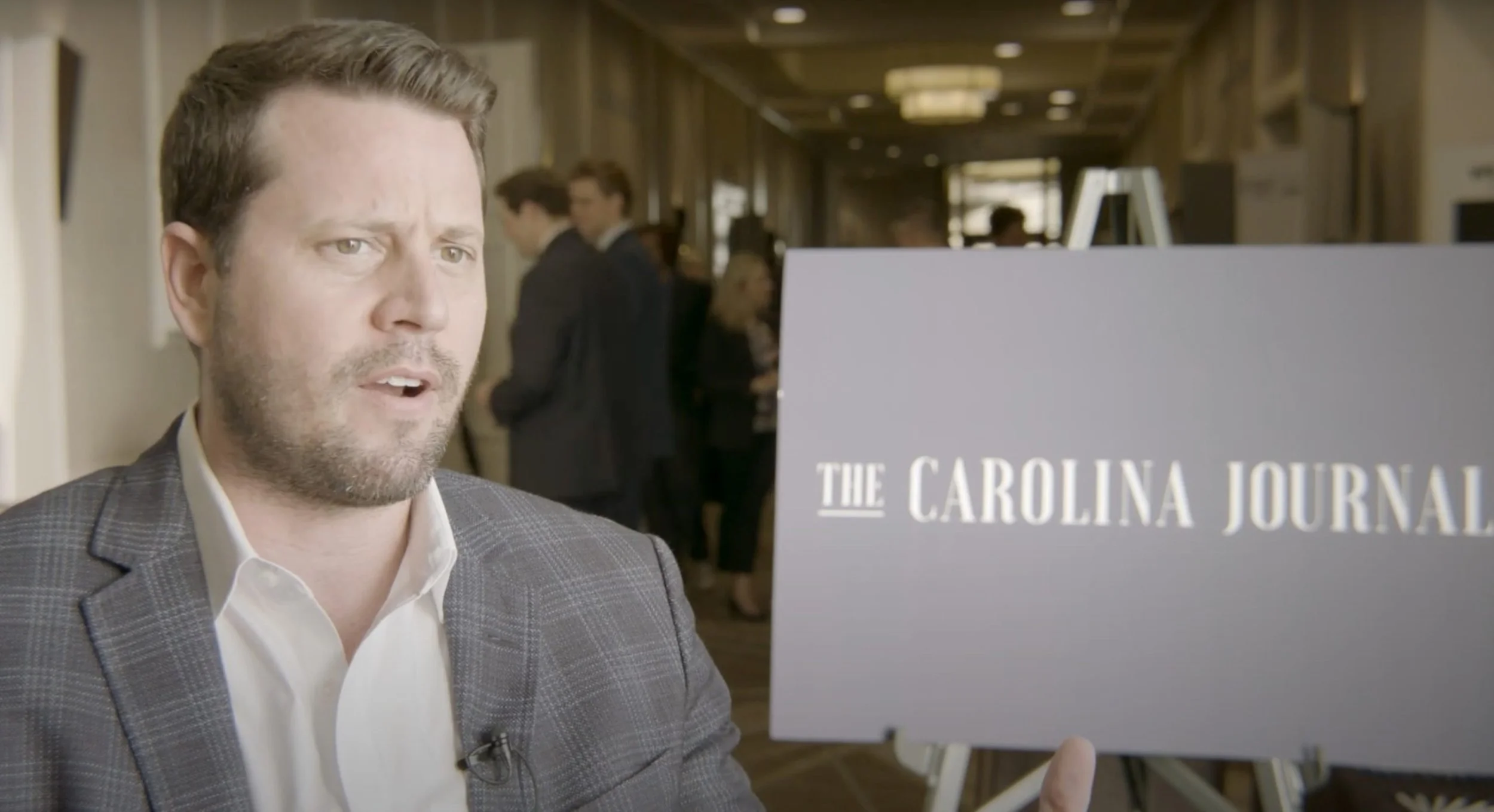Golden Leaf got $83 million in COVID relief, but failed to properly monitor it, audit finds
By Theresa Opeka, Carolina Journal
The Golden LEAF Foundation failed to monitor how $83 million in federal money from the COVID-19 Rapid Recovery Loan Program were used, a new audit finds.
The objective of the performance audit, released Wednesday, March 23, by the office N.C. State Auditor Beth Wood, was to determine whether Golden LEAF designed and implemented procedures to ensure that COVID-19 Rapid Recovery loan recipients used the money in accordance with the 2020 COVID-19 Recovery Act.
On May 4, 2020, the General Assembly enacted the 2020 COVID-19 Recovery Act, which established the state’s Coronavirus Relief Fund to provide assistance due to the pandemic. The fund provided about $3.6 billion in federal assistance to various entities across the state.
The Recovery Act also created a temporary N.C. Pandemic Recovery Office to oversee and coordinate funds made available under Recovery Act legislation.
Of the $3.6 billion in federal assistance received, about $83 million was allocated to Golden LEAF to fund the existing COVID-19 Rapid Recovery Loan Program, which was created by the foundation in March 2020, to provide emergency loans to small businesses to assist with business needs during periods of economic hardship caused by the COVID-19 pandemic.
The loan program is a partnership between the foundation and the N.C. Rural Center, and a consortium of North Carolina nonprofit lenders. The program experienced an overwhelming response from small businesses that needed immediate help, which led to the General Assembly appropriating additional funds to the foundation.
The General Assembly in 1999 created Golden LEAF — a nonprofit based in Rocky Mount — which would get 50% of the annual payments made by cigarette manufacturers in North Carolina under the 1999 Master Settlement Agreement. The settlement paid out $206 billion to 46 states. North Carolina’s share was about $4.6 billion after the first 25 years.
Golden LEAF works with local governments, public agencies, and nonprofits for projects that will help in communities that have been reliant on tobacco, economically distressed, and rural communities.
The foundation’s 15-member board is appointed by the governor, president pro tem of the state Senate, and the speaker of the state House.
The audit brings up comparisons to the $26 billion opioid settlement, the second biggest settlement in U.S. history, behind tobacco. That money is coming from the manufacturer of the drug, Janssen, Johnson & Johnson’s pharmaceutical division, and McKesson, Cardinal Health, and AmerisourceBergen, the distributors.
North Carolina’s share of the settlement is $750 million, which will start being distributed in early April.
Critics of Golden Leaf have said some of the money goes toward projects or causes unrelated to tobacco use and smoking cessation, for example.
N.C. Rep. Wayne Sasser, R-Stanly, is a retired pharmacist who co-chairs the House Health Appropriations Committee. Sasser on March 16 told Carolina Journal he understands why people may think that the Golden LEAF money “wasn’t handled very well.” But, because of the way this distribution plan is set up, he doesn’t “think there’s any danger” of that happening again.
The difference for Sasser this time is, “Every dime of this is transparent. There’s nothing going anywhere that anybody can’t access and find.”
“Golden LEAF followed the requirements set out in the legislation and by the N.C. Pandemic Recovery Office to implement the Rapid Recovery Loan Program,” Scott T. Hamilton, Golden LEAF’s president and chief executive officer said in an emailed statement. “Thanks to the support from the Governor and General Assembly, the program provided 1,257 loans to small businesses during the height of the COVID-19 crisis. We appreciate the work of the Office of the State Auditor to review the program.”
Auditors, according to the report, recommended the N.C. Pandemic Recovery Office should include a requirement to monitor the spending of Coronavirus Relief Funds in future contracts with recipients and subrecipients, and the General Assembly should consider including monitoring requirements in future legislation regarding the spending of Coronavirus Relief Funds or other emergency relief funds.
The auditor recommended the Golden LEAF management should develop a method for determining loan recipient compliance to ensure Coronavirus Relief Funds are being spent in accordance with the Recovery Act.
Wood also suggested the N.C. Pandemic Recovery Office includes a requirement to monitor the spending of Coronavirus Relief Funds in future contracts with recipients and sub-recipients.



